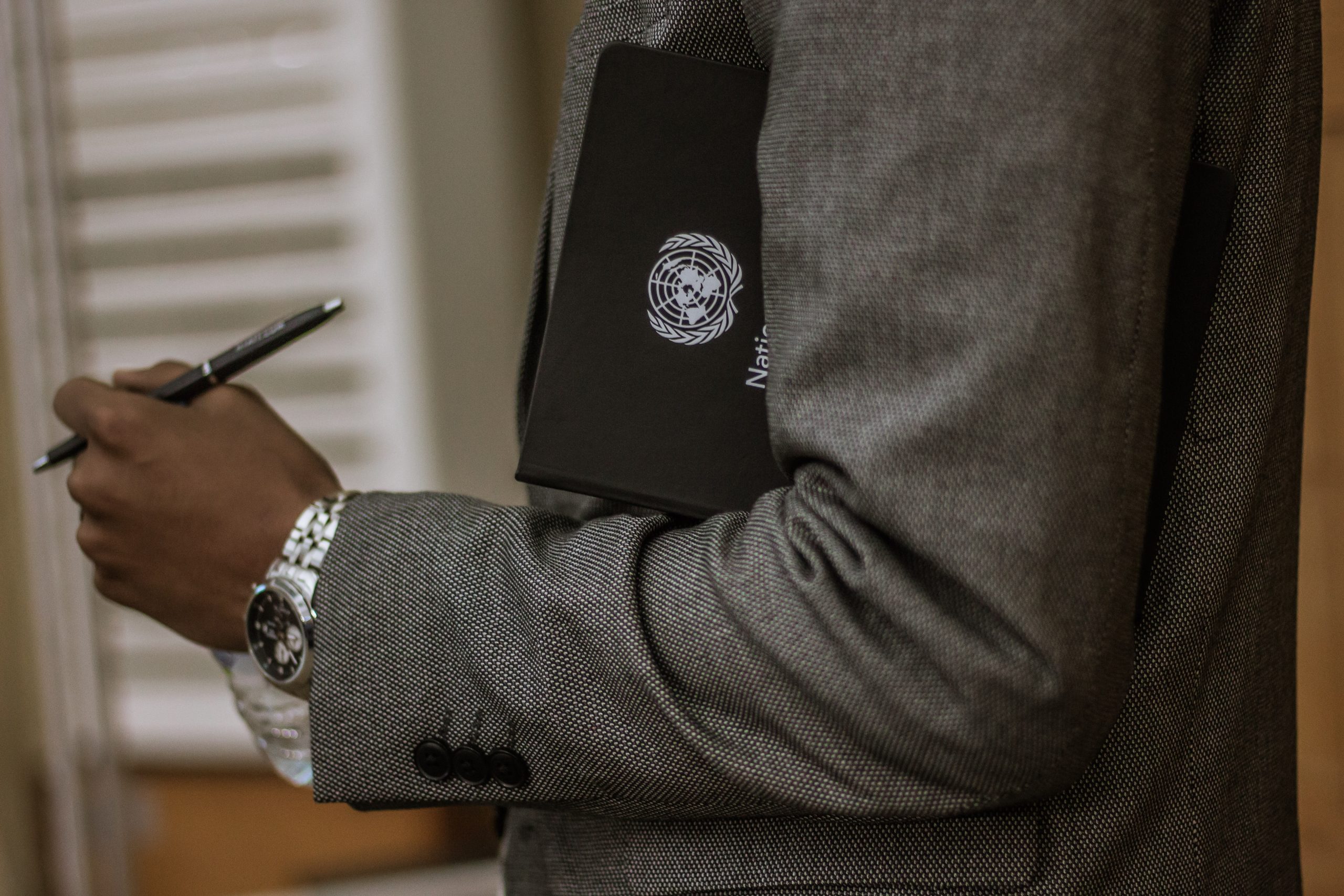The recent United Nations decision conferring on the Chagossian community the right to return to their island home is only the beginning
The British Overseas Territories Act (the “2002 Act”) granted British citizenship to resettled Chagossians who were born between 1969 and 1982 many of whom, having faced hardship in Mauritius, had taken the opportunity to move to the UK in the hopes of a better life. Instead many say they now deal with similar issues in Britain.
Chagossians face racism on a daily basis and work minimum wage jobs to afford their visa fees. Because of this they often have crippling debt and depend on the charity of family members to survive. They fear that the United Nations’ decision acknowledging their sovereignty, while welcome, will not improve their day-to-day lives and they call on the British government to provide greater assistance.
Mixed-status families
Because the 2002 Act includes a cut-off period when determining those eligible for British citizenship, some families have been left divided. Members of the community who failed to qualify for citizenship by accident of birth hope they will, one day, be allowed to apply for British citizenship.
The problem will be inherited by later generations. Children of non-citizens may themselves not be entitled to citizenship as under current British nationality law, citizenship is normally only passed to one generation born abroad. This means that grandchildren of resettled Chagossians may also not have a claim to British citizenship.
Some financial assistance has been forthcoming from the British government. In 2016, the Foreign and Commonwealth Office awarded the Chagossian community a support package of £40m, but many felt this gesture did not go far enough. In 2018, Crawley’s Member of Parliament Henry Smith introduced a private members’ bill which makes provision for individuals descended from Chagos Islanders to be given the right to register as British Overseas Territory Citizens but not much progress has been made on this front. In the time since its introduction, the bill has only had its first reading in parliament.




